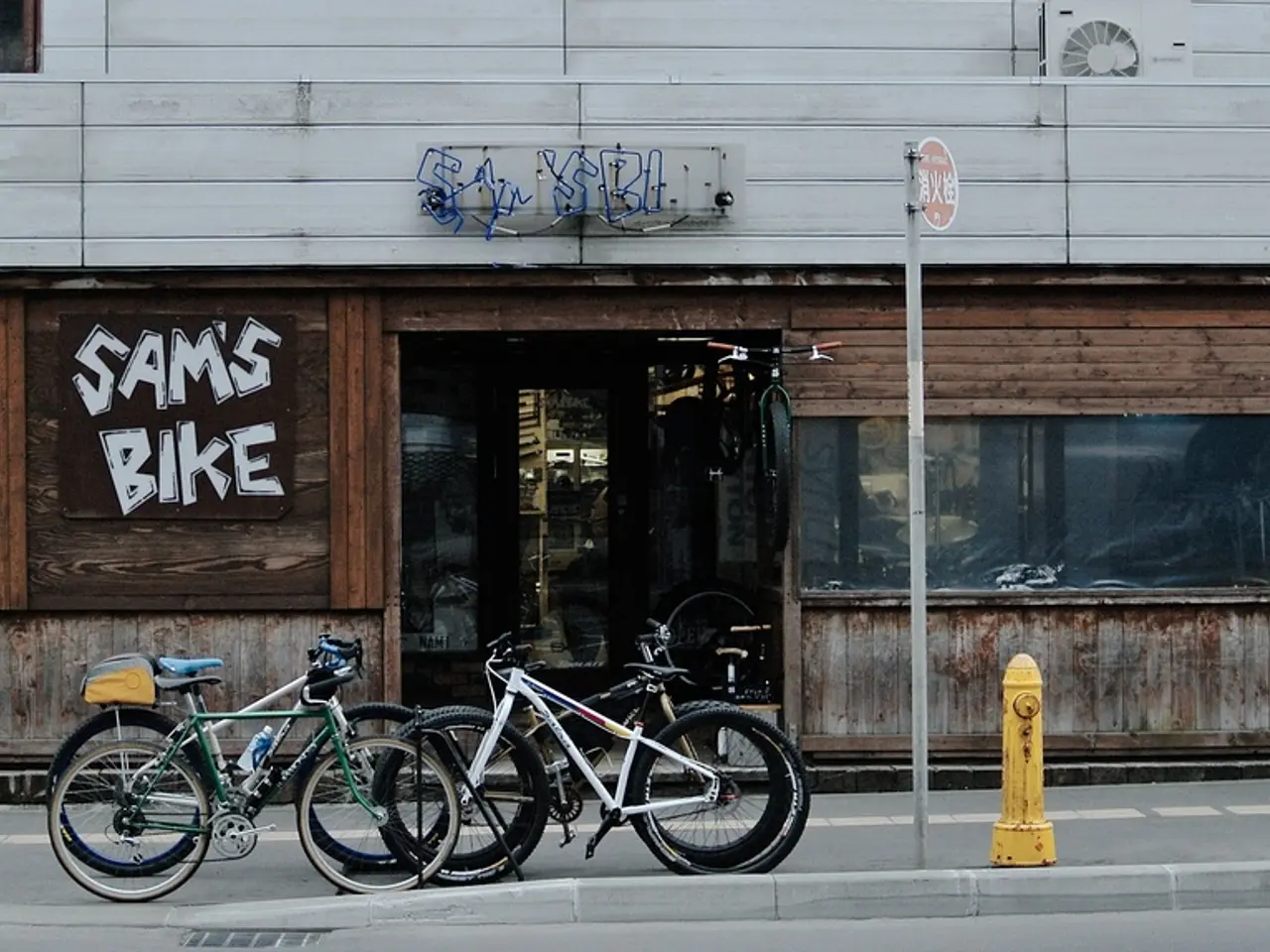Need for an Alternative to Traditional Fireplaces or Stoves
In a bid to address growing public health and environmental issues, Eurocities, a network of over 140 European cities, has called for a Europe-wide ban on domestic wood burning. The initiative comes in response to a significant increase in residential wood burning, up by over 150% between 2006 and 2020, which has led to a marked rise in atmospheric pollutants.
The main reasons for this proposed ban are three-fold. Firstly, wood burning emits fine particulate matter (PM2.5) and other harmful pollutants, which are linked to respiratory and cardiovascular diseases, particularly in urban areas. Secondly, the practice contributes to poor air quality and climate change, as it releases both carbon dioxide and short-lived climate pollutants (SLCPs). Thirdly, cities such as Ghent, Oslo, and Warsaw are already advocating and facilitating a move away from wood burners, both indoors and outdoors, and are urging the European Union to take action.
If implemented, the ban would likely lead to immediate improvements in urban air quality, particularly in winter months when wood burning peaks. However, there may be resistance from residents accustomed to wood burners for heating and ambiance. Alternatives such as electric heating and cleaner fuel technologies are already available, with companies like EcoFuego in the UK marketing wax-filled fire pits and other smokeless, low-emission products as sustainable alternatives for outdoor heating.
The EcoFuego fire pit is compact, suitable for small spaces like patios, terraces, and tiny gardens, and is also reusable and portable, making it suitable for camping, beaching, or storage. It is eco-friendly, using 100% natural wax for ultra-low carbon burn, and is easy to use, lighting in minutes and burning for hours. The cost of the EcoFuego fire pit is under €200, and a wax refill is around €30, lasting a significant amount of time while causing minimal mess or pollution.
The EcoFuego fire pit is not only functional but also stylish, serving as a design-led centerpiece for modern outdoor living. It also offers scented options, including clean burn, citronella, and cinnamon. The EcoFuego fire pit is designed for no smoke pollution and uses renewable vegetable wax refills, avoiding deforestation.
The European Union is being petitioned to take action against heating with wood, and several European cities—notably Ghent, Oslo, and Warsaw—are actively discouraging or phasing out wood burners, and local bans or restrictions already exist in some municipalities. Eurocities is pushing for a coordinated, Europe-wide approach, but as of July 2025, there is no EU-wide ban. The call is for the European Union to consider and implement a ban as part of broader air quality and climate strategies.
The move aligns with broader European sustainability goals, such as those outlined in the UN Sustainable Development Goals (SDG 13: Climate Action), which include reducing greenhouse gas emissions and improving air quality indicators at the municipal level. However, these efforts are distinct from the specific wood burning ban campaign, which focuses on a single high-emission source.
The issue is gaining traction, with petitions and public campaigns aimed at raising awareness and pushing for regulatory action. The Eurocities-led campaign for a wood burning ban reflects growing European concern over the health and environmental costs of residential wood combustion. While local actions are already underway, the push for a coordinated, Europe-wide ban is still at the advocacy stage, with significant implications for air quality policy and domestic heating practices across the continent.
- Moving beyond domestic wood burning could potentially become a significant aspect of environmental-science, as cities like Ghent, Oslo, and Warsaw are promoting sustainable-living by advocating for and facilitating a switch from wood burners, both indoors and outdoors.
- The European Union, in response to the growing concerns over climate-change and the significance of poor air quality, is being petitioned to implement technology that promotes cleaner fuel options, such as the EcoFuego fire pit, which uses 100% natural wax for ultra-low carbon burn and reduced emissions.
- The ban on domestic wood burning, if enacted, may lead to a decline in home-and-garden appliances that emit harmful pollutants, such as wood burners, making way for alternative, more sustainable products that uphold the principles of the UN Sustainable Development Goals (SDG 13: Climate Action).




